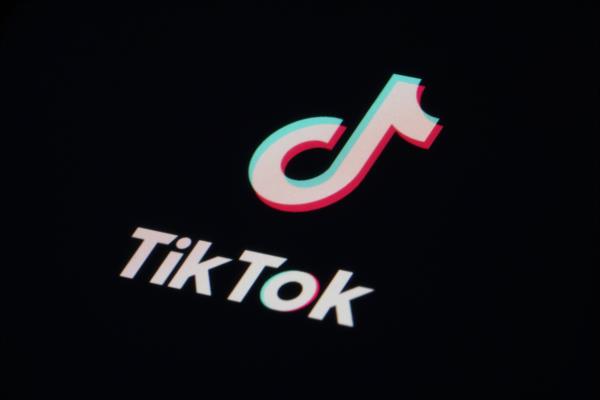
TikTok, the popular social media platform known for its entertaining videos and dance challenges, has found itself in the midst of controversy once again. This time, the company has restricted a tool that researchers use to analyze popular videos, raising concerns about transparency and censorship.
The tool in question is TikTok's Creative Center, which allows users to see what's trending on the app and helps brands and advertisers identify popular hashtags. However, TikTok has now removed the ability to search for specific hashtags, including ones that are seemingly innocuous. This move comes after TikTok faced criticism for its handling of content related to the Israel-Hamas war and allegations of suppressing topics that are not aligned with the interests of the Chinese government.
One of the hashtags that has been removed from the Creative Center is 'UyghurGenocide,' referring to the alleged human rights abuses against Uyghur Muslims in China. Additionally, hashtags related to sensitive political topics like the War in Gaza and Ukraine have also been restricted. TikTok now only allows searches for the top 100 hashtags by industry.
The changes to the Creative Center have sparked concerns among online researchers who rely on the tool for analysis. Some have accused TikTok of censoring content and manipulating the visibility of certain topics to align with the Chinese government's interests. A study conducted by the Network Contagion Research Institute at Rutgers University suggested that TikTok's content may be amplified or underrepresented based on these interests.
TikTok has, however, defended its actions, stating that the Creative Center's search function has been misused to draw inaccurate conclusions. According to the company's spokesperson, Alex Haurek, the changes were made to ensure that the tool is used for its intended purpose. Haurek also dismissed the study's findings as flawed, arguing that TikTok does not create hashtags - they are generated by users themselves.
The situation raises questions about the role of social media platforms in controlling the narrative and the impact it may have on freedom of expression. While TikTok claims to support academic research through its Research API, where third-parties can gather data about the platform's information, this process requires approval from TikTok itself. This centralized control over data access raises concerns about transparency and potential bias.
Critics argue that TikTok's actions highlight a broader challenge faced by social media companies. Balancing the interests of different stakeholders - users, governments, and advertisers - while maintaining a fair and open platform is a complex task. Striking the right balance between content moderation and censorship is crucial to ensure a safe and inclusive online environment.
As the debate surrounding TikTok's actions continues, it becomes essential for users to critically evaluate the platforms they engage with and hold them accountable for their actions. Transparency, openness, and meaningful dialogue are necessary to address concerns about censorship and to foster a more positive and inclusive digital space for everyone.







